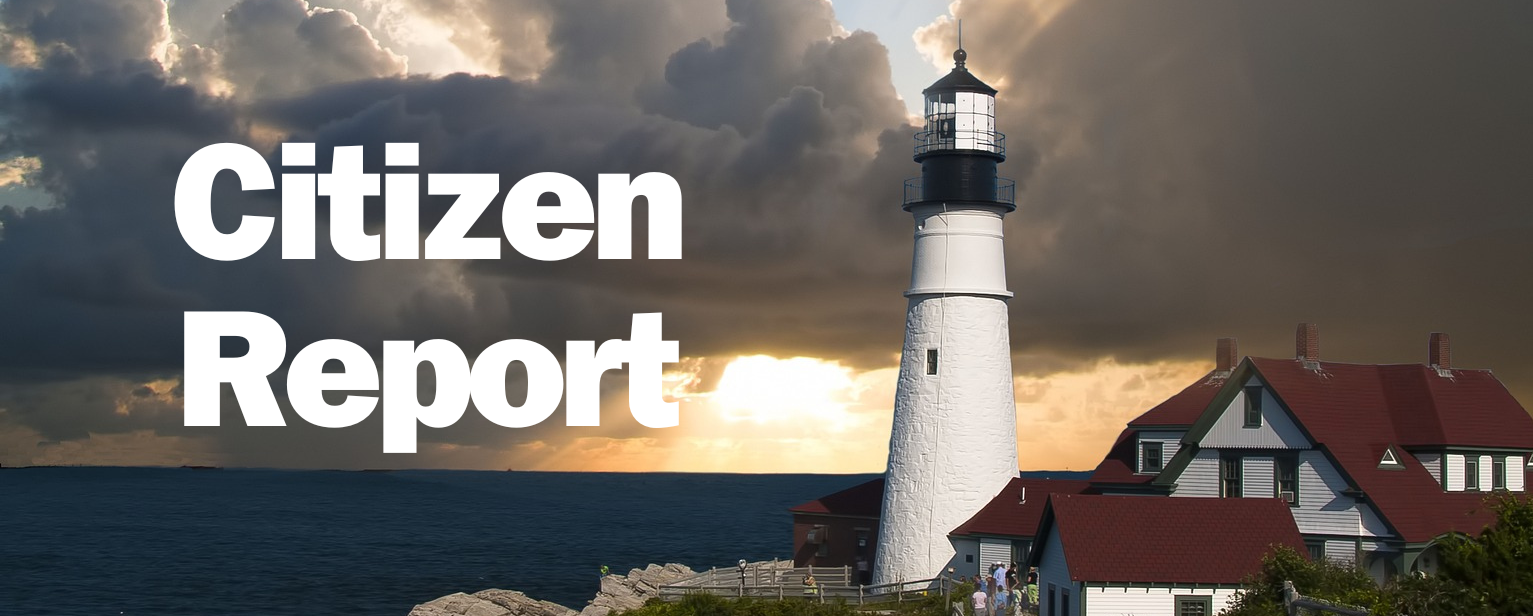Autism, a broad spectrum of social ineptness, has its roots in the brain.
According to the Centers for Disease Control and Prevention (CDC), the prevalence of autism among U.S. children has risen significantly in recent years.
As Statista’s Felix Richter reports, while 6.7 in 1,000 children were diagnosed with autism spectrum disorder (ASD) in 2000, that number had risen to 27.6 in 1,000 children by 2020.
This means that currently 1 in 36 children in the U.S. get diagnosed with ASD, up from 1 in 150 children 20 years ago.
The reasons for this increase in prevalence are not fully understood and likely complex.
Some possible factors that have been proposed include better awareness and screening for autism, changes in diagnostic criteria and environmental or genetic factors.
…ask RFK Jr what he thinks!
Regardless of the reasons, this rise in the number of children with autism highlights the importance of early identification and intervention to help children with ASD reach their full potential.
In recent years, major progress has been made in increasing awareness and acceptance of autism. Thanks to that progress, many people are now aware that autism spectrum disorders are a very diverse group of conditions, that go far beyond the often-stereotypical depictions of autism in film and television. According to the World Health Organization, autism spectrum disorders are “characterized by some degree of difficulty with social interaction and communication. Other characteristics are atypical patterns of activities and behaviours, such as difficulty with transition from one activity to another, a focus on details and unusual reactions to sensations.”
This year’s World Autism Awareness Day, celebrated today, April 2, gives autistic people from all around the world the chance to share their perspective on how different societies are dealing with autism spectrum disorder. “Moving from Surviving to Thriving: Autistic individuals share regional perspectives” is the motto of this year’s observance, organized by the United Nations Department of Global Communications in collaboration with the Institute of Neurodiversity (ION), an organization established and run by neurodivergent people for neurodivergent people and allies.
World War III: The Big Advancement Of Potential Nuclear War That The MSM Won’t Talk About

